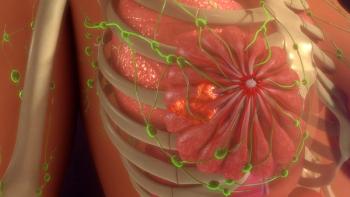
A metastatic breast cancer diagnosis can come as “a shock,” but experts spoke with CURE® about ways patients can navigate their experiences and treatments.

A metastatic breast cancer diagnosis can come as “a shock,” but experts spoke with CURE® about ways patients can navigate their experiences and treatments.
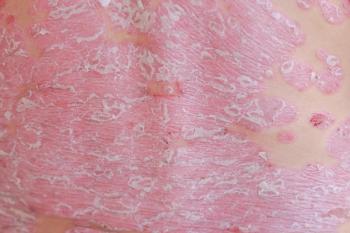
The skin microbiomes of patients with breast cancer who received radiation therapy may affect whether they get radiation dermatitis, a study showed.

An expert explained why chemotherapy-related amenorrhea in premenopausal women with breast cancer is “not just about having a period.”
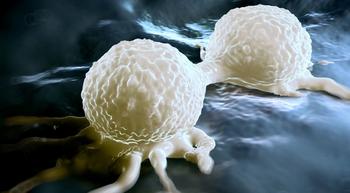
The Truqap-Faslodex treatment combination offers “more options” for some patients with HR-positive, HER2-negative breast cancer, an expert told CURE®.

A woman with stage 4 inflammatory breast cancer details her journey with the disease and why it is important for patients to ask questions about anything going on with their bodies.
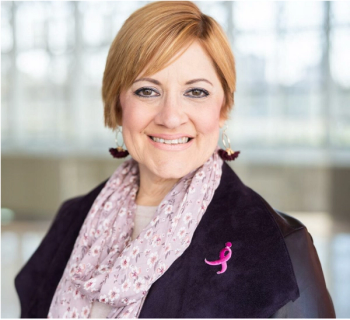
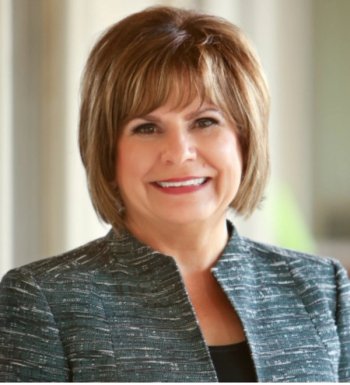
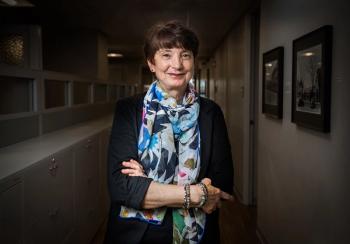
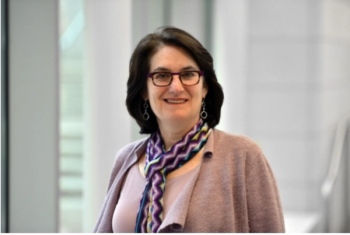

Distinguished Researchers to Influence and Advance Breast Cancer Research
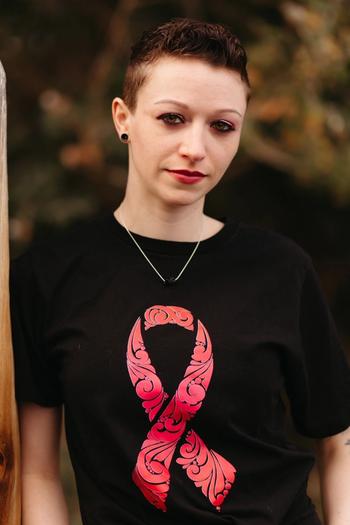
A woman with stage 2 invasive ductal carcinoma — a type of breast cancer that begins in the milk ducts of the breast — shares how her experience as an employee at a breast cancer research facility helped her push against doctors who minimized her ultrasound findings and how her Ki-67 score informed her treatment choices.

Researchers recognized for leadership in cancer genetics and understanding the relationship of cancer DNA and RNA to therapy response.

Breast cancer survivor, U.S. Olympian and high jump American record holder Chaunté Lowe joins Komen, Lilly in taking action to improve breast cancer health equity. Partnership to expand support services for Black women in the Midwest and across the U.S. to help close the 40% mortality gap in breast cancer.

Oncologists are learning that cancer can be treated during pregnancy with relative safety in the second and third trimester.

3rd Annual Live Pink program helps consumers cut through the clutter of pink products.

Komen increases focus on patient care to meet growing need; calls National Breast Cancer Awareness Month “Our moment to save lives.”

Initiative Spurred by New Report Detailing Systemic Racism and Barriers to Care in the 10 Metro Areas in the U.S. Experiencing Greatest Disparities
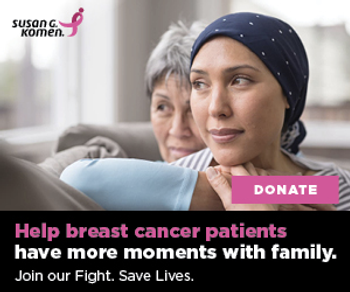
$14 Million in Funding to Leading and Rising Scientists; Programs to Study Recurrence, Treatment Resistance, Metastatic Breast Cancer, Disparities and More!
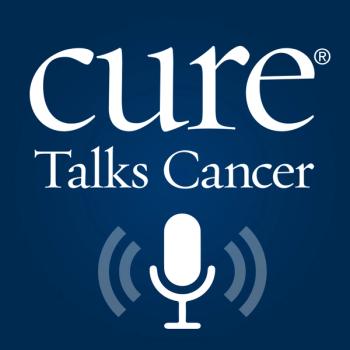
In this episode of the “CURE Talks Cancer” podcast, we spoke with television journalist Katie Couric and Susan G. Komen CEO Paula Schneider about their experiences with cancer, and the advice they offered their pre-cancer selves.

In this episode of the “CURE Talks Cancer” podcast, we spoke with a breast surgical oncologist and gynecologic surgeon about why the topic of gynecologic health is a taboo subject when it comes to cancer treatment, and what patients can do to treat those changes.

Stay connected during these challenging times and keep up with all the news and updates from Susan G. Kommen Greater NYC by signing up for our latest newsletter!

Response minimizes exposure, frees up needed health capacity to deal with COVID-19.


Know your cancer before making a treatment decision.

​A first of its kind in Westchester, this conference will provide patients, caregivers and medical professionals with critical information on treatments and living well with advanced breast cancer.

Komen vows to drive breakthroughs for the most-deadly breast cancers and educate those who believe breast cancers are easily treated or always curable.

Two patients with metastatic breast cancer shared their journeys, inspiring fellow patients at Susan G. Komen Greater New York City’s New York Metastatic Breast Cancer Conference.

Dr. Patrick I. Borgen discussed estrogen receptor-positive breast cancer and why it is important for patient to understand what this means for their treatment.

In order to best care for someone else, you need to take care of yourself. If you are caring for a loved one undergoing breast cancer treatment, there is support you can turn to. In this article, you’ll find some helpful tips and resources in order to be better-equipped as a caregiver.

Men need to be self-aware for one obvious reason: chances of survival are normally greatest with early detection. I am one of those men who has survived breast cancer, and I am proud to share my story during Men’s Health Month.